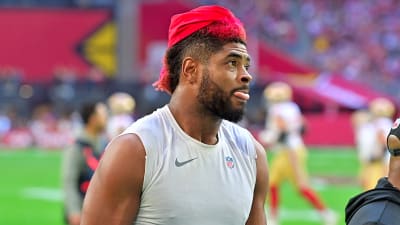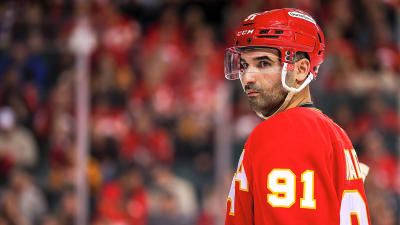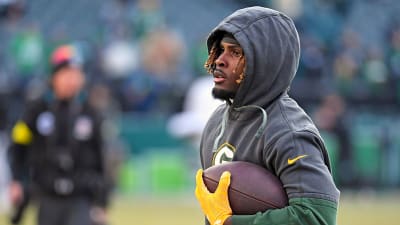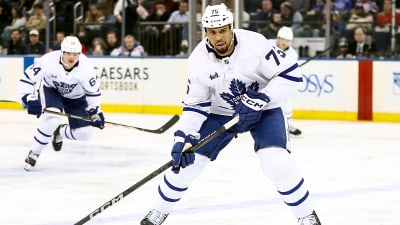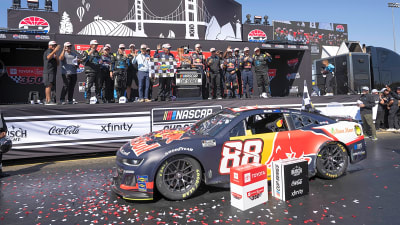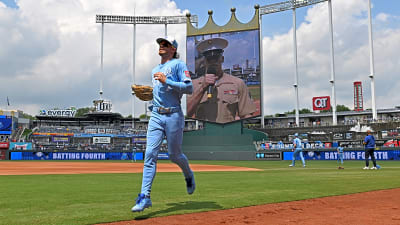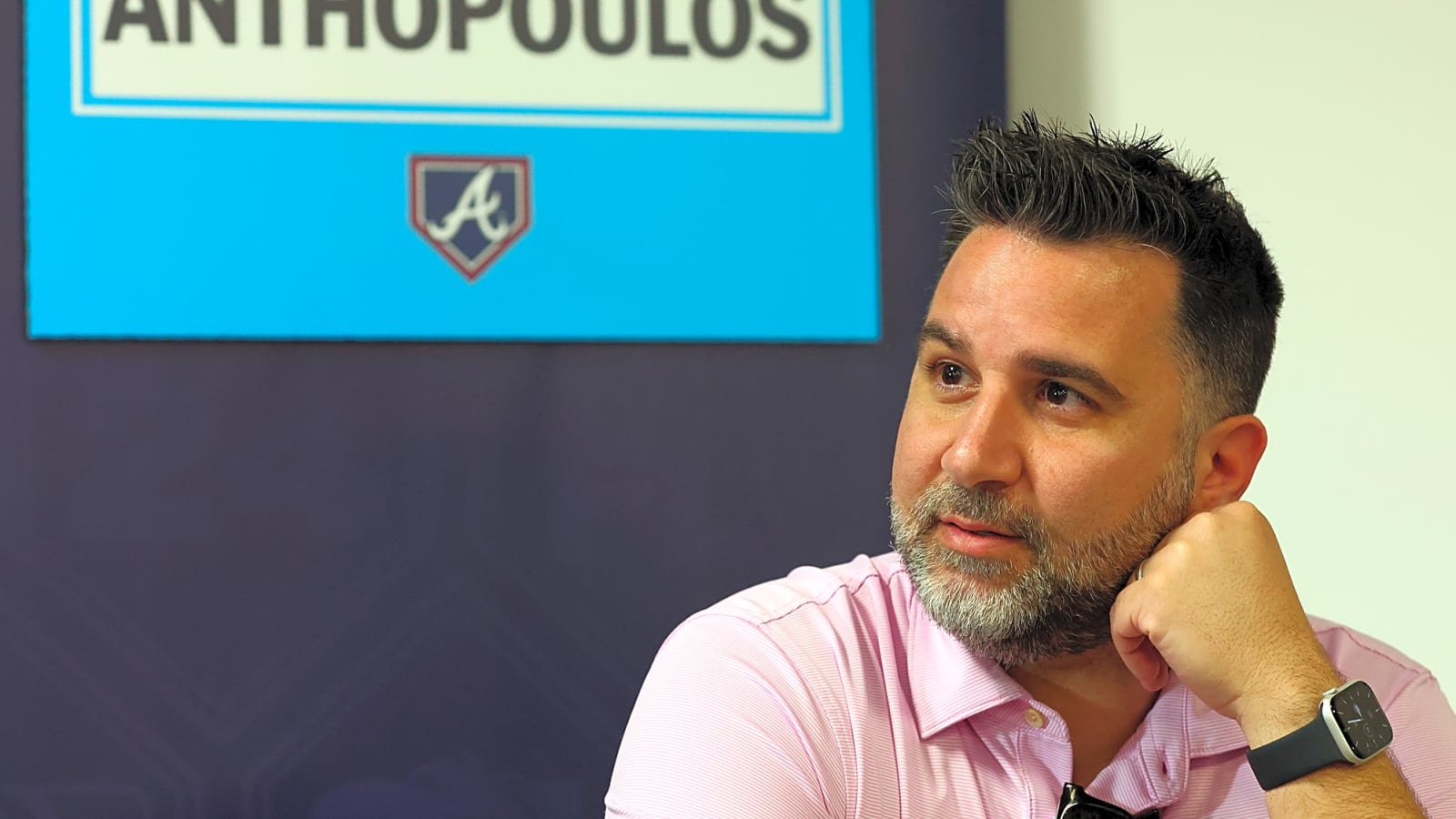
It wasn’t long ago that Alex Anthopoulos was lauded for his savvy, “team-friendly” extensions and mentioned alongside the best GMs in the sport. He was believed to be a visionary — the man responsible for setting up the Braves for another decade of success after just capturing six straight division titles and a World Series.
But there were a few brave souls willing to step out on the edge and mention the downside of inking nearly an entire roster of young players with little experience to long-term deals, including Kiley McDaniel of ESPN, who had this to say on Foul Territory back on February 2nd, 2024.
"There's a downside people don't talk about if things don't go exactly to plan"@kileymcd dishes on the @Braves best-laid plans and the uncertainty if things go sideways.
https://t.co/Oc7BCsv1xu pic.twitter.com/Z0YKzY8V1g
— Foul Territory (@FoulTerritoryTV) January 31, 2024
Keep in mind, McDaniel was bold enough to say this after the Braves had just won 104 games. Ronald Acuña Jr. was the NL MVP, several members of the rotation were in the Cy Young conversation, and the offense set MLB records across the board.
Back then, knocking the Braves for the way they went about their business earned you a one-way ticket to the loony bin — the front office was viewed as bulletproof, and any criticism was met with ridicule. But McDaniel’s words are hitting a little bit differently today. What once seemed like a masterclass in forward-thinking roster construction now looks more like a cautionary tale in betting too heavily on projection.
The Braves inking all of these lesser-proven talents to long-term contracts essentially made it impossible for them to retain their proven stars, given how a lot of these contracts will continue to escalate in the future. It’s also made it very difficult for them to find positions where they can upgrade, because so many positions are now locked up by players under contract for several years.
Coming into the 2025 campaign, there were really only two positions in the lineup not taken up by players on long-term deals — shortstop and left field. Shortstops are always difficult to find in free agency, and no matter who the Braves signed in left field, he wasn’t going to make up for all of the club’s underperforming stars.
Looking ahead, not much changes. In fact, one could make the argument that there’s even less room for Alex Anthopoulos to maneuver unless payroll rises considerably. Even though some bigger contracts come off the books, like Marcell Ozuna ($16 million) and Raisel Iglesias ($16 million), other contracts rise.
Spencer Strider goes from making $4 million in 2025 to $20 million in 2026. Aaron Bummers goes from making $3.5 million to $9.5 million, and Reynaldo Lopez goes from making $8 million to $14 million. The Braves will essentially enter the offseason with a very similar payroll sheet but with even more holes to fill.
That’s a pretty damning indictment for a club that will have a tough time even winning 70 games this season.
The good news, at least for now, is that none of these long-term extensions by themselves look like horrendous contracts. About the only one the Braves might be underwater on is Michael Harris II, and even then, it’s not by much. There would surely be a market for him if Alex Anthopoulos decided to dangle him on the trade market this offseason, something he must prove more willing to do moving forward if the Braves are to get out of this mess.
The Braves roster is still chock-full of valuable assets that would garner a ton of interest around the league, but standing pat and hoping this is going to fix itself through positive regression is a foolish assessment of the situation.
More must-reads:
- Six takeaways from the 2025 MLB All-Star Game
- All-Star appearances shine a spotlight on Pirates' incompetence
- The 'No. 1 overall MLB Draft picks' quiz
Breaking News
Trending News
Customize Your Newsletter
 +
+
Get the latest news and rumors, customized to your favorite sports and teams. Emailed daily. Always free!
